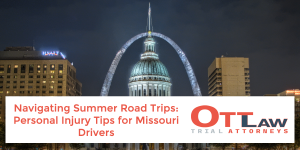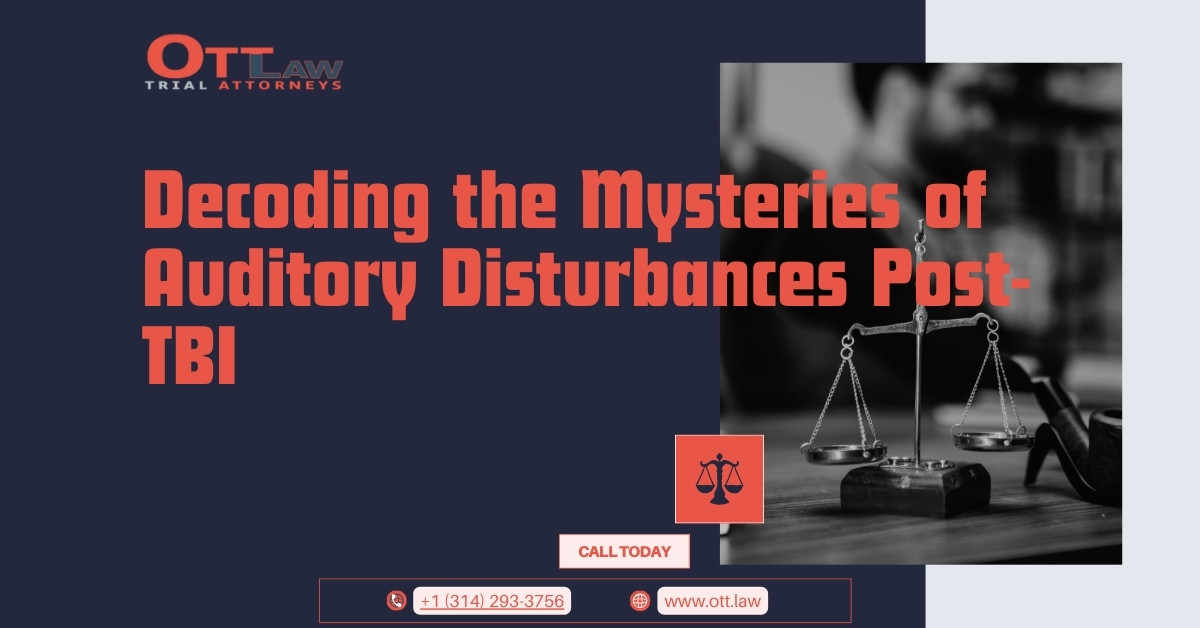The human ear is a marvel of evolution, delicately picking up the minutest of sounds and transmitting them to the brain for interpretation. However, Traumatic Brain Injuries (TBI) can compromise this intricate system, leading to various auditory disturbances that may go unnoticed if not thoroughly examined.
1. The Auditory Misconception
A common misconception is that if a patient can participate in a regular conversation, their hearing is unaffected. However, an individual might still struggle with specific auditory challenges even if they aren’t completely deaf.
2. Weber and Rinne Tests
The Weber and Rinne tests are simple yet effective methods to identify the type of hearing loss – be it sensorineural or conductive. By employing a tuning fork and gauging a patient’s response, these tests can pinpoint auditory anomalies. Notably, an abnormal Weber test can identify either conductive deafness or sensorineural loss, whereas the Rinne test distinguishes between air and bone conduction disruptions.
3. Common Auditory Disturbances
- Tinnitus: An incessant ringing or buzzing in the ears, tinnitus can be significantly disruptive to daily life. Age and other factors can also contribute to its onset.
- Vestibular Dysfunction: Often overlooked in general examinations, Cranial nerve 8 governs balance or vestibular functions. Disruptions here can cause dizziness, and Electronystagmography (ENG) is an effective test to diagnose this.
- Nystagmus: Manifesting as an involuntary jerking of the eyes, Nystagmus can give an impression of the world spinning. This vertigo-like sensation can be highly discomforting.
4. Treatment and Management
Although Vestibular Dysfunction treatments are available, they can be intensely uncomfortable and might even induce nausea. Proper guidance and preparation are essential.
Conclusion:
Auditory disturbances following TBI can be subtle yet profoundly impactful. A comprehensive understanding and thorough examination are crucial for accurate diagnosis and management. If you or a loved one is grappling with auditory issues after a TBI, early intervention is key.
For expert consultation or legal advice related to TBI, feel free to reach out to us at our mobile number, click here +13142933756 or send an email to joe@ott.law. Located at 3544 Oxford Ave, Maplewood, MO 63143, United States, our team is always here to support and guide you.














